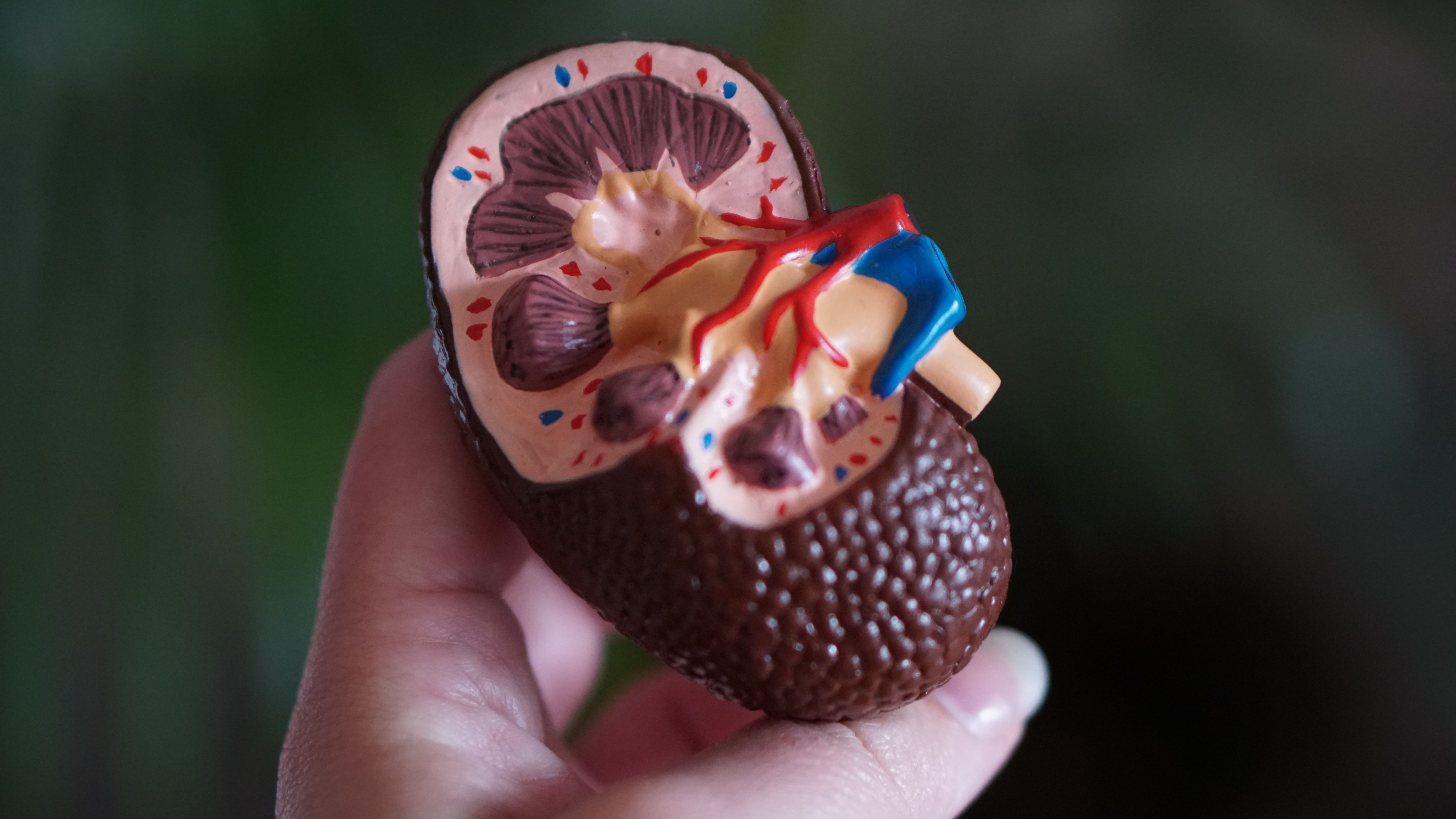Fabry Disease Gene Therapy AVR-RD-01 Completely Reduces Toxic Kidney Substrate
New WORLDSymposium findings show a treated patient had 100% reduction in the accumulating fatty substrate associated with the burdensome rare disease after 1 year.

Investigational ex vivo lentiviral gene therapy AVR-RD-01 has been associated with a 100% reduction of toxic substrate in the kidney biopsy of the first patient dosed in a phase 2 trial assessing the therapy for Fabry disease.
The finding, presented at the 2021 Virtual WORLDSymposium, is an outcome which has been among primary efficacy endpoints in trials supporting drugs previously approved by the US Food and Drug Administration (FDA) for the rare genetic condition.
The observed complete clearance of Gb3 substrate in the first evaluable kidney biopsy in the ongoing AVROBIO assessment of the promising gene therapy has generated excitement from leading investigators including Mark Thomas, MD, of the FAB-GT trial, and a clinical professor at the University of Western Australia Medical School.
“Along with the reduction in plasma lyso-Gb3 observed across patients in this trial, which has been sustained up to 2.5 years so far, a massive drop in kidney substrate has the potential to substantially improve outcomes over ERT—the current standard of care,” Thomas said in a statement.
With Fabry disease being a serious, life-threatening ailment that requires frequent enzyme replacement therapy (ERT) infusions while driving life-altering symptoms throughout the patient’s body, clinicians are in “urgent need” for means to halt, prevent, or even reverse disease progression.
A fatty substrate that accumulates in patients’ cells and can lead to multiple organ damage, Gb3 is a vital target for altering Fabry disease course. Investigators from the FAB-GT trial reported that Patient 4 of the phase 2 assessment showed a reduction from a mean 4.0 Gb3 inclusions per peritubular capillary (PTC) at baseline, to 0 per PTC one year following AVR-RD-01 dosing, indicating 100% reduction (P <.0001).
The analysis was conducted by 2 blinded pathologists who independently scored 99 digital images of the sectioned kidney from the 12-month biopsy; each image scored 0 inclusions.
The observed patient was also the first in the trial to be treated via the company’s proprietary plato gene therapy platform, which features a lentiviral vector, a personalized conditioning regimen with precision dosing, and an automated, closed manufacturing process.
At the time of WORLDSymposium presentation, FAB-GT investigators have dosed 4 patients in the phase 2 study. The team additionally reported an observed, generally stable and sustained plasma and leukocyte alpha-galactosidase A (AGA) enzyme activity, and a corresponding reduction in toxic plasma lyso-Gb3 in patients.
Geoff MacKay, president and chief executive officer of AVROBIO, additionally praised positive outcomes reported at the WORLDSymposium for the company’s phase 1/2 trial of investigational gene therapy AVR-RD-02 for Gaucher disease type 1, as well as the phase 1/2 trial of AVR-RD-04 for the gene therapy in patients with cystinosis.
“Additionally, enrollment activities for our Fabry disease trial are accelerating, giving us added confidence in our efforts to meet our goal of having dosed a cumulative 30 patients across all our clinical programs by the end of the year,” MacKay said in a statement. “With this strong momentum, we look forward to clarifying the regulatory pathway with regulatory agencies.”